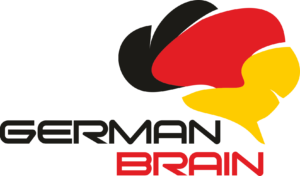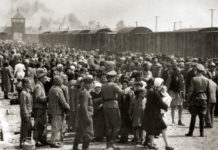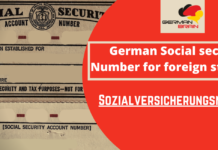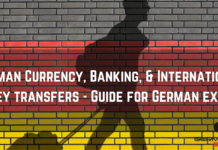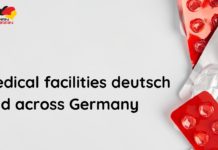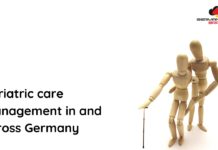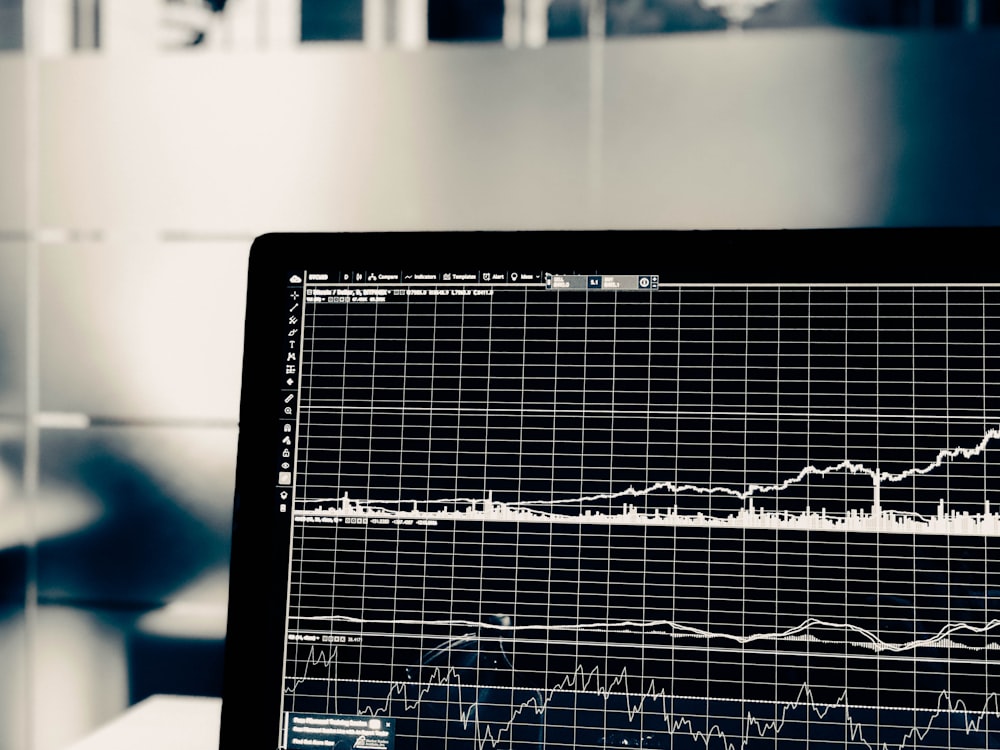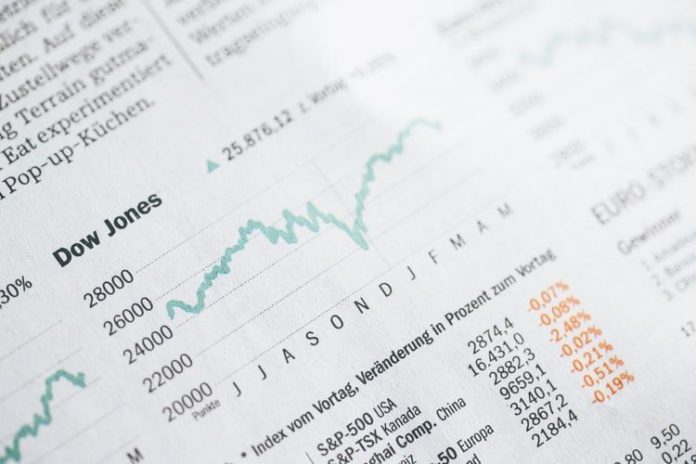
Germany is the is the largest economy in Europe, something that already places it in the global market in as far as stock exchange is concerned. In fact, the only countries that can emulate what Germany does in terms of export are China and US. That is why there are many employment opportunities for skilled labour in Germany. Moreover, the country is also home to more than 500 publicly-traded multinationals which just boosts the stock market situation in the region.
Now, when it comes to stock exchange market, there are only eight exchanges located in Germany. In as much as all of them can trade stock in different capacities and methods, it is imperative to note that most counters will primarily list at the Frankfurt Stock Exchange and some are co-listing at XETRA. It is accurate to say that Xetra is the reference market for exchange trading in German equities and exchange traded funds
- Frankfurt Stock Exchange
Frankfurt stock exchange is not only Germany’s but world’s largest stock exchange markets. It is owned by the Deutsche Börse, which is also the owner of Eurex, the European features exchange, and Clearstream. Clearstream is a leading Europe-based clearing firm. Frankfurt enjoys listing from more than 8o countries, with the biggest market being North and South America.
In a 2019 report, countries from North and South America occupied 50% of the listings, Europe took 30%, and Asia took 14% while Australia and Africa shared the remaining 6%. So, if you are planning to trade is company shares then Frankfurt Stock Exchange is the place to get your best broker. Remember, it has an unwavering long history that dates back to 1894, when it was first incepted. It also accounts for the largest share of turnover among other German markets.
- Xetra
As we mentioned earlier, Xetra is the reference market for exchange trading in German equities and exchange traded funds. It is an all-electronic trading system. Xetra was launched in early 1997 and is also owned by the Deutsche Börse. If you are looking for more in-depth within the market then Xetra is there to offer increased flexibility in that. Moreover, it also offers trading in stocks, funds, bonds, warrants and commodities contracts.
Xetra was originally designed for use on Frankfurt stock exchange but has since been adopted by various stock exchanges throughout Europe as a whole. Xetra is a leading global electronic system and it accounts for at least 90% of all stock trades on the FRA (Frankfurt Exchange). FRA has been and is steel one of the oldest exchanges in the world and it includes several indices such as DAX, the VDAX and the Eurostoxx 50. FRA operates on weekdays only between 10.30 am and 5.30 pm.
- Market surveillance and protective mechanisms
Like any other stock market in the world, the stock exchange market in Germany is also put under surveillance and protecting mechanisms to minimise any chances of investment fraud. For instance, there is an independent market surveillance that is made up of the following:
- Trading Surveillance Office (HÜSt).
- Exchange Supervisory Authority (this one is attached to the Hessian Ministry of Economic Affairs, Transportation, and Regional Development).
- Federal Financial Supervisory Authority (BaFin).
The surveillance is given priority to improve the continuity of prices and avoid mistakes. The protecting mechanisms may include volatility interruption, market order interruption, and liquidity interruption measures.

